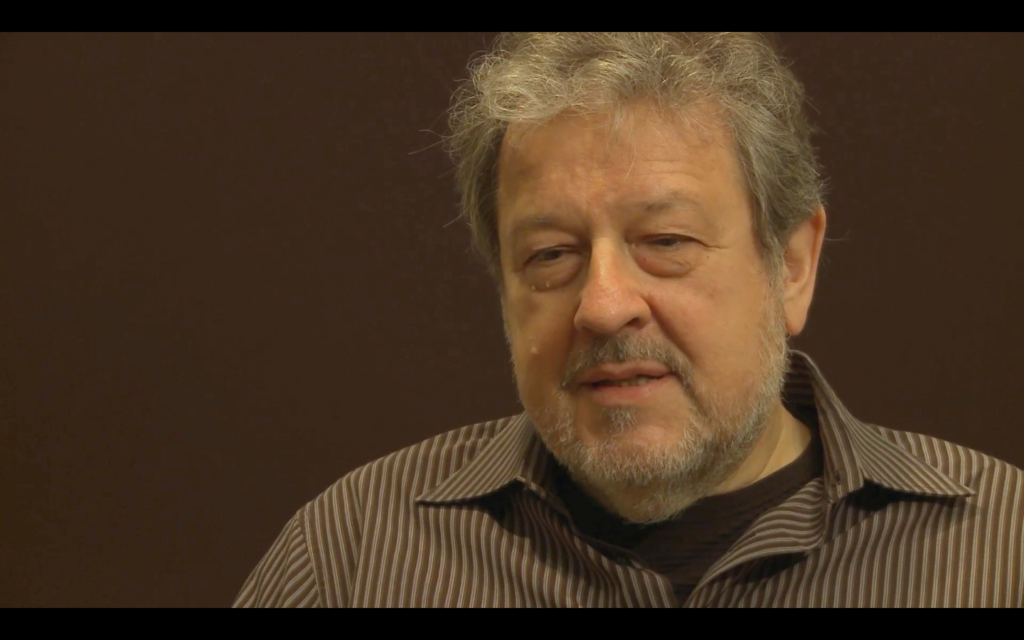Red Flags, a novel by Juris Jurevics, was originally published in 2011, and reissued as a paperback in 2021 by Soho Crime. Soho Crime typically publishes mysteries, but this isn’t exactly a mystery. Maybe it’s a thriller, thought it’s not one of those thrillers that raises your blood pressure and keeps it high.
I’d say Red Flags is maybe a war novel. It’s set in Vietnam circa 1967 or 1968. Two noncommissioned officers in the U.S. Army Criminal Investigation Division are ordered to find who’s behind a large opium growing operation that’s netting huge amounts of money for the North Vietnamese. The two non-coms are sent to Cheo Reo, a backwater town in the Central Highlands of Vietnam that served as a provincial capital. Eventually they find out who’s in charge of the drug operation, and of course it turns out to be someone that was right in front of them the whole time.
Considered as a mystery, or even as a thriller, the plot is a bit thin. But really the genre elements are just there to support a portrait of what it was like to be in Vietnam in the Central Highlands. Jurevics actually served in Cheo Reo for more than a year, in 1967-1968:
“Juris Jurjevics deployed to Vietnam and was assigned to C Company, 43rd Battalion in the 1st Signal Brigade at Kontum, but spent very little time there before being assigned to a remote outpost in Cheo Reo, in what was formerly Phu Bon province, in the Central Highlands. Shocked by the austere defenses of his camp, he found the corruption staggering. Supplies intended for the troops or for Montagnard auxiliaries rarely reached their destination, or arrived in significantly reduced quantities. He noticed that everything in Vietnam was for sale, and extortion through tribute was widespread. While in Vietnam, he felt a bond with the Montagnards, but noticed the South Vietnamese disdain for the mountain people.” (from the introduction to an oral history video, West Point Center for Oral History)
Or maybe this is more of a history book thinly disguised behind an entertaining veneer of genre fiction. The level of detail in this 390 page book is almost overwhelming. You learn about the diseases, the parasites, the wildlife, and the beauty of the Central Highlands. You get portraits of people that are probably based in large part on real people (presumably suitably disguised to prevent lawsuits). You get a stunningly detailed look at corruption caused by the Vietnam War.
I would also say this book is a meditation on morals and ethics. There is no ultimate Goodness in this fictional/historical world. Even the essentially good characters have compromised morals. On the other hand, there is plenty of evil, but the evil grows out of the overall situation and can never be fully attributed to individuals.
The United States pulled out of the Vietnam War when I was fourteen years old. I spent my childhood listening to nightly body counts on the evening television news. I spent my teen years listening to adults argue about what happened in Vietnam, why we pulled out, whether it was a war we lost or a war we threw away. By the time I was a young adult, most everyone stopped talking about the Vietnam War. Every once in a while a Vietnam vet would talk a little bit about what they had seen. So Vietnam was a huge real-life mystery story for me. What had happened? People my age had to piece together clues. I’ve looked at any number of histories of the Vietnam War, but most of the histories turn out to be dry recounting of battle plans, with the human story mostly left out. I’ve read any number of Vietnam memoirs, but too many of them are gung-ho boring military porn. Because I’ve read so many bad books on the Vietnam War, I no longer go looking for books about it. Yet every once in a while I run across a good book that manages to give me a little part of the answers I’ve been looking for: Graham Green’s The Quiet American (1956); Tim O’Brien’s book If I Die in a Combat Zone, Box Me Up and Ship Me Home (1973); Robert Mason’s Chicken Hawk (1983)….
And now Juris Jerjevics’s Red Flags (2011) has just given me another little part of the answers.
Recommended. But only if you don’t mind a grim book with lots of killing that gives a depressing portrait of humankind.

